
I suppose I drew the short straw on this one. Watching Jeremy Saville’s comedy Loqueesha is right up there with watching a car accident, then turning around and slowly driving by again to burn images of the wreckage forever in your memory. That said, my thoughts about Loqueesha may surprise you…or not.
Writer/director Jeremy Saville stars as Joe, a divorced father needing to earn extra money to pay for his son’s private school tuition. His bartending job does not stretch far enough, but Joe is good at is starting conversations, listening, and dispensing advice. In fact, his advice to the attractive Rachel (Tiara Parker) was so spot-on, she suggests Joe audition as a new talk host at the nearby radio station.
What’s that sound, you hear? It’s a train jumping the rails. Joe can’t get hired as a radio host, and it is not because of his lack of experience. No, it’s because he’s a straight, white guy…cue the violins. So, Joe gets the brilliant idea to impersonate a sassy, black woman, if you will, and instantly, “Loqueesha” is hired by the station. The only condition is no one can be at the station until Loqueesha leaves after the show as not to arouse suspicion.
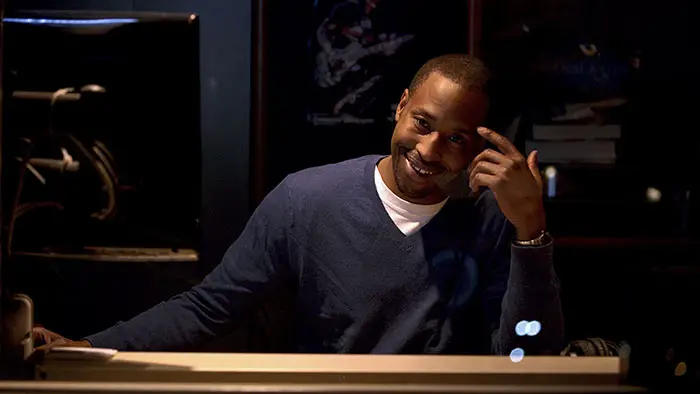
“…Joe gets the brilliant idea to impersonate a sassy, black woman, if you will, and instantly, ‘Loqueesha’ is [born]…”
Lo and behold, Loqueesha is an instant hit and becomes the number one show in its time slot. Her advice is perfect, her attitude is the high energy that drives the show, and her delivery is clever. He/she even resorts to reverse psychology to make his/her point. Everyone’s talking about Loqueesha and the lives she’s changing, and the only ones in on the scam are his/her producer Mason (Dwayne Perkins) and his/her stand-in for public appearances Renee (Mara Hall).
With its gimmick firmly in place, Loqueesha follows the standard plot, where the protagonist pretends to be someone else, and that new persona becomes increasingly more popular—think Mrs. Doubtfire and Dave. For example, Joe and Mason create an elaborate routine to hide the Loqueesha situation from the public. Do the ends justify the means as Loqueesha is literally saving lives? Are lines crossed when Joe uses Loqueesha to “seduce” the girl? Indeed, Joe must feel guilty and experience personal identity issues. How about when his mother tells him that he needs to call Loqueesha’s show to fix his personal problems? This last one happens in arguably the film’s best moments as Joe calls into his own show. Phil Hendrie would be proud.
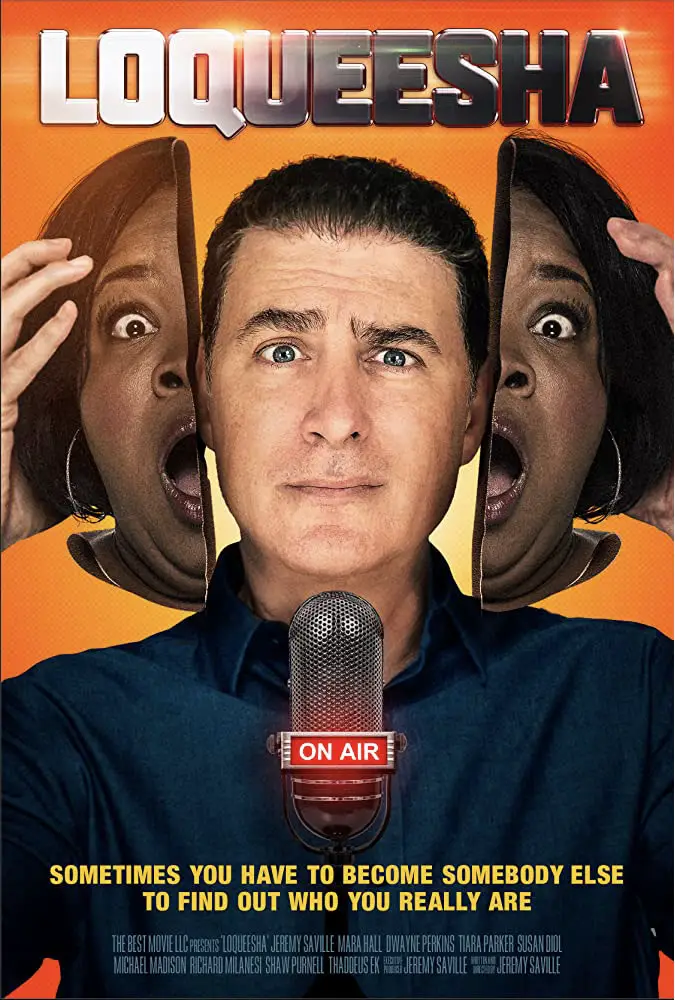
"…the criticisms I've heard against Loqueesha...honestly have legitimate merit."
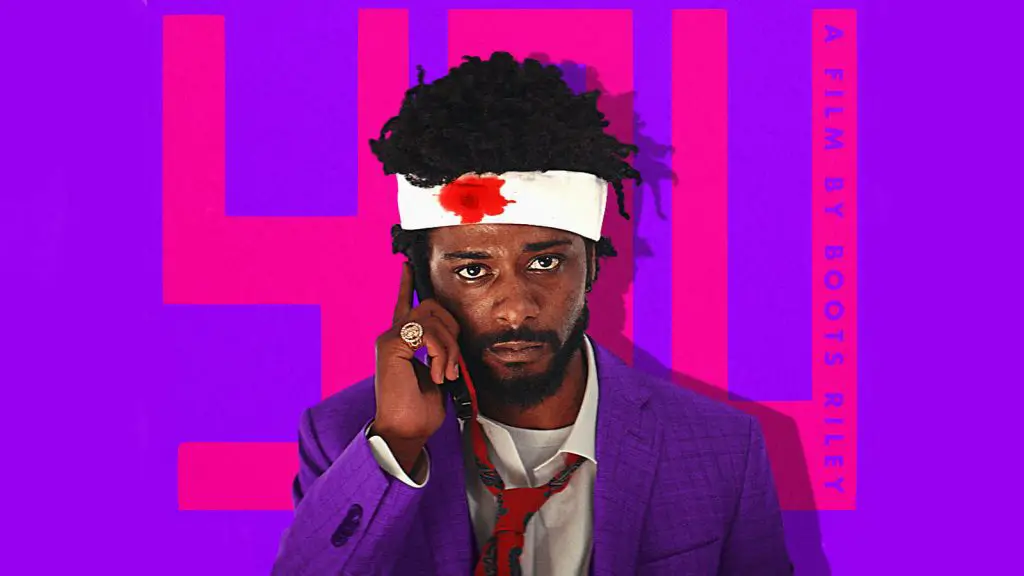
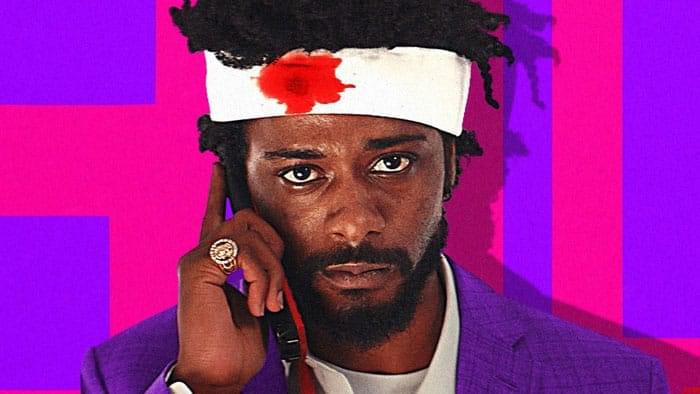
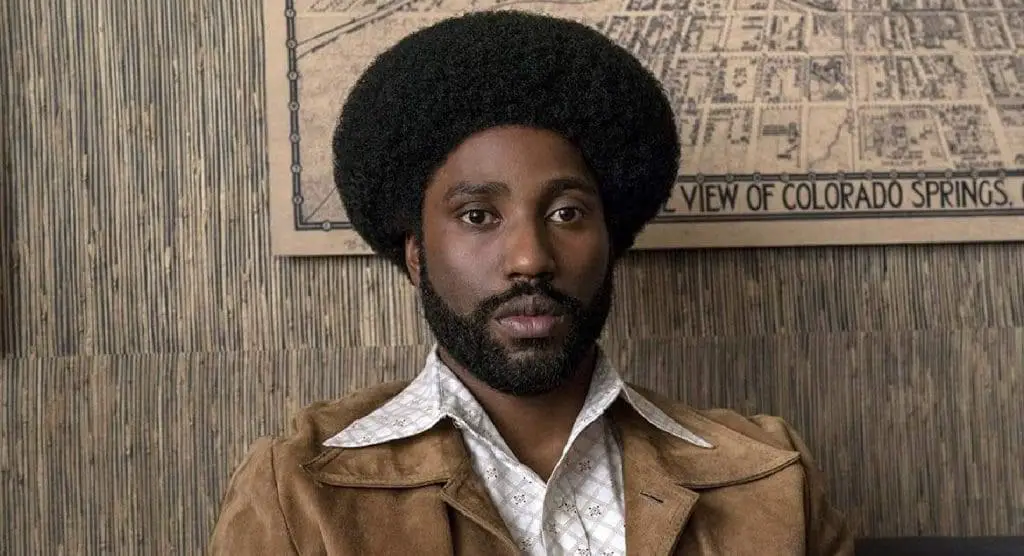
Oh you are way nicer to this film than I would have been. You are an even handed fellow.